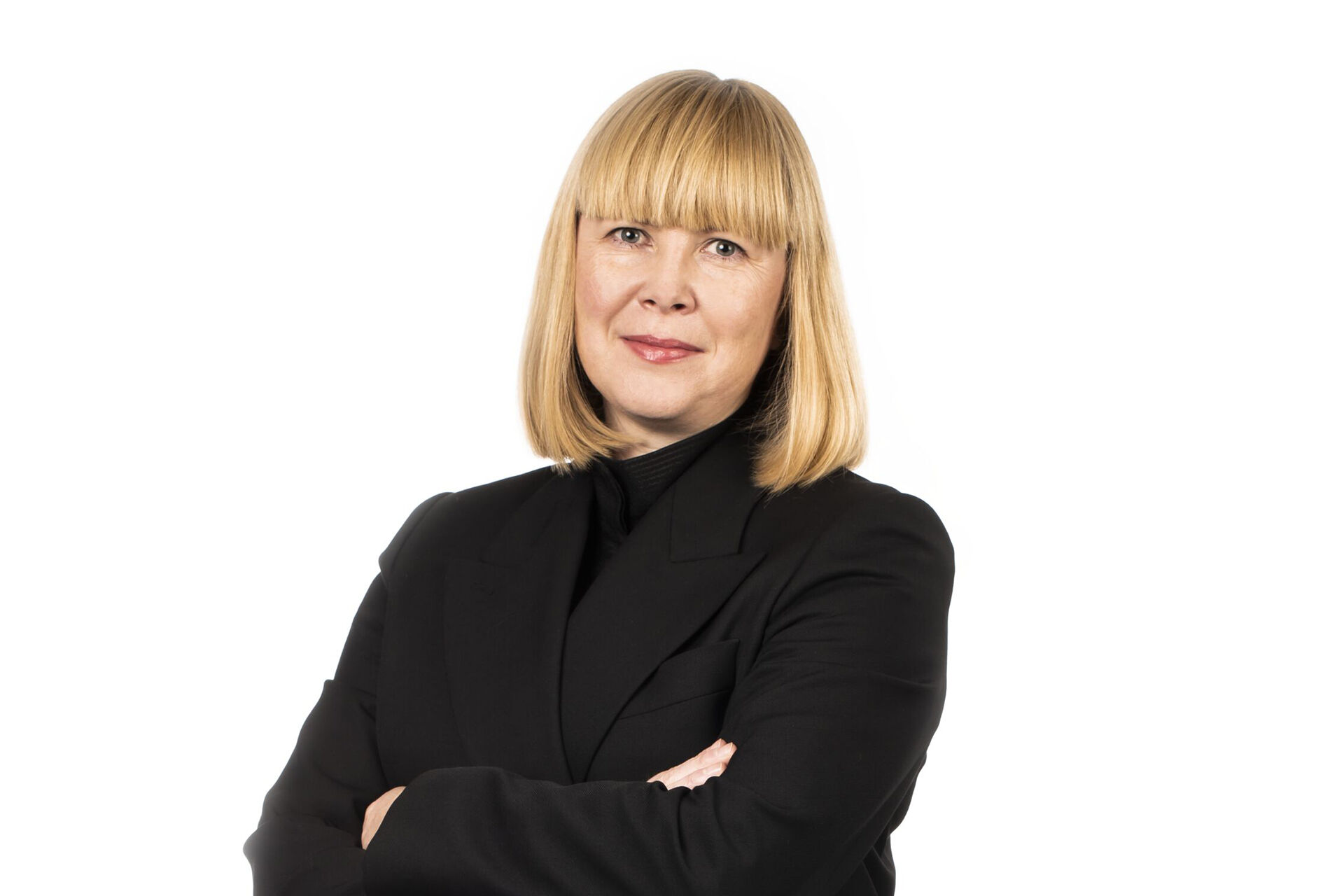Diversity, equality & inclusion, a formula for winners
“Diverse and inclusive cultures are providing companies with a competitive edge over their peers.” This quote summarizes conclusions from The Wall Street Journal’s first corporate ranking to examine diversity and inclusion among S&P 500 companies.
A BCG study of more than 1,700 companies around the world showed that diversity increases the capacity for innovation by expanding the range of a company’s ideas and options, leading to better financial performance. And the BCG Henderson Institute recently demonstrated that gender diversity, for example, not only correlates with but is predictive of future growth.
Diverse and inclusive organizations generate unconventional solutions and offer up more ideas, increasing the likelihood that they will deliver winning products and services and greater long-term growth. Over the long haul, growth is the predominant driver of outperformance. And in a global environment of declining aggregate economic growth, innovation provides the necessary fuel for an individual company to grow.
In the corporate world, the primary types of diversity that come to mind — gender, ethnic, racial and sexual orientation — all drive success. But so do other kinds of diversity, including work experience, age, educational background and nation of origin.

Ulrika Dunker, EVP & Head of HR
There is a significant gender gap in the industries in which Alleima is active, as well as a shortage of female engineering talent. Since diverse teams are more effective and bring value to our business, Alleima actively promotes DEI by cooperating with initiatives such as Women in Engineering and running an in-house program called Female Leadership.
Two questions to Ulrika Dunker, EVP & Head of HR, Alleima
How would you describe the Alleima culture?
“We are preparing for our future success and setting up an organization that is ready to excel. We want to build an Alleima environment that encourages open thinking, where people feel respected, treated fairly, and will have the opportunity to develop and grow and contribute to their full potential.”
Why are diversity and inclusion important?
“Our ambition for our Diversity and Inclusion work is that all our people can operate at their full potential and at the same time feel valued and welcomed whomever they are. We want all our employees to be able to join, contribute, and influence the future success of Alleima. By including different perspectives, we will find the best solutions to everyday problems as well as new innovations. It is important that we all work together to ensure an inclusive environment where we feel safe and can be ourselves. Inclusion for us is not about fitting in, it's about feeling respected, valued and involved and having equal opportunities regardless of who you are.”
Read more:
8 Reasons Why Diversity And Inclusion Are Essential To Business Success (forbes.com)
The Business Imperative of Diversity | BCG (Boston Consulting Group)
A drive for renewables
A new report, “The World Energy Transitions Outlook,” presents a pathway to reaching the Paris 1.5°C goal that decarbonizes all end uses, with electrification and energy efficiency as primary drivers, enabled by renewables, green hydrogen and sustainable modern bioenergy.
The Outlook outlines priority areas and actions based on available technologies that must be realized by 2030 to achieve net zero emissions by mid-century. The report provides in-depth analysis of two areas that are particularly relevant to the decarbonization of end-use sectors: electrification and bioenergy. It also explores the socioeconomic impacts of the 1.5°C pathway and suggests ways to speed progress toward universal access to clean energy.
A McKinsey report, “Global Energy Perspective 2022,” predicts that global hydrogen demand will reach four to six times today’s demand by 2050. It is expected that the main driving forces behind this are from road transportation and the maritime and the aviation sectors. The report also states that the supply of hydrogen, which is currently primarily made up of gray hydrogen, will shift to 60 percent clean hydrogen by 2035.
This is a positive trend, but still many renewable technologies face material challenges: materials must be lighter, stronger and better able to resist corrosion from demanding atmospheres and high temperatures. Looking at wind power, windmills are moving to windier and more remote offshore locations as demand grows, thus offering a different set of challenges than experienced for traditional onshore windmills.

A marine environment gives rise to issues such as staining and pitting due to corrosive seawater. Alleima offers solutions to these challenges by providing materials for production, storage and distribution of renewable energy from a host of sources, including wind, solar, thermal, hydro and biowaste.
It's important, however, to consider sustainability from more than just an environmental perspective. Sustainability shouldn’t only consider implementing these technologies in the first instance but should also involve keeping renewable infrastructure up and running for as long as possible. Advanced materials from Alleima play a key role in the sustainability of renewable technology and contribute to the investment value of its infrastructure.
Read more:
World Energy Transitions Outlook: 1.5°C Pathway (irena.org)
Global Energy Perspective 2022 | McKinsey
Hydrogen, the missing link in the energy transition – Analysis - IEA
Ethical business = good business
We care about our customers, our people, the environment, the communities in which we operate and the future that we share.
This means we put ethics and sustainability practices first. These standards are part of everything we do, both in our own operations and in our customer and supplier partnerships, and our Code of Conduct is a cornerstone of our operations.
We aim to be a trusted and progressive partner to our customers and suppliers.
In challenging situations, we always turn to our Code of Conduct for guidance and how to maintain our high standards of ethical business.
Our Code of Conduct describes the principles of behavior that all our employees should aspire to and provides us with practical guidance in our actions and everyday business decisions.

We believe that such high ethical standards, along with strong values, build both pride and long-term value – qualities that are beneficial to our customers, the company and society.
Read more:
Why Good Ethics Are Now Big Business—And How To Embrace Them (forbes.com)